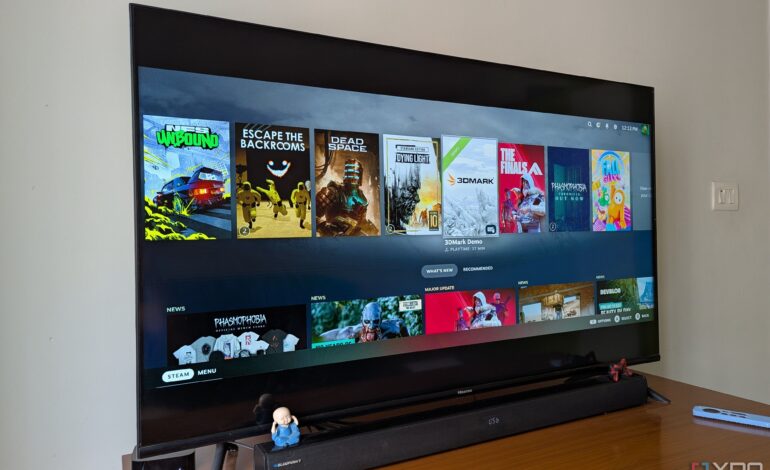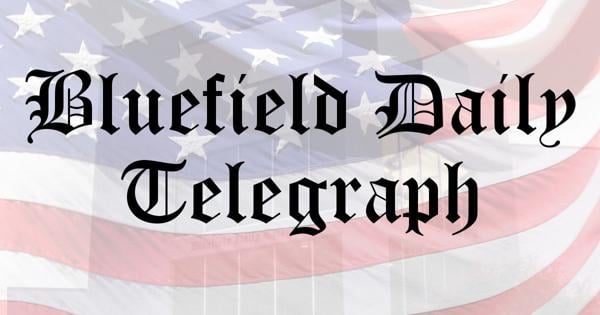Valve Faces Legal Scrutiny Over Its Dominance in PC Gaming

Valve Corporation, the developer behind the popular digital distribution platform Steam, is currently under legal scrutiny regarding its dominant position in the PC gaming market. Critics argue that Valve’s market power resembles a monopoly, prompting discussions about the implications for both consumers and competitors. This situation has raised significant questions about the definition of monopoly in both legal and economic contexts.
Understanding Monopoly in the Gaming Industry
The term “monopoly” often sparks debate, particularly in the gaming industry. Some individuals outright deny that Valve holds a monopoly, while others acknowledge it but are satisfied with the current state of affairs. The definitions of monopoly can vary widely, influenced by legal interpretations and economic theories. A monopoly is generally understood as a single seller with complete market dominance, allowing for potential price manipulation. In contrast, an oligopoly involves a few firms holding significant market power, while a cartel consists of firms coordinating to increase profits.
Critics have suggested that Valve may operate as an oligopoly or even engage in cartel-like behavior, yet these claims face scrutiny. The legal definition of monopoly, particularly in the United States, diverges from common consumer understanding. According to the Federal Trade Commission (FTC), a monopoly does not require a single seller but instead refers to a firm with significant and durable market power—essentially the ability to raise prices or exclude competitors.
Valve’s Market Power and Consumer Impact
Valve’s influence in the PC gaming sector is notable, with estimates suggesting the company accounts for approximately 75% of all digital PC game sales. This dominance is largely attributed to the 30% commission Valve takes from each sale. Notably, a report from Rokky indicated that 72% of game developers surveyed believe Steam functions as a monopoly, with many studios reporting that over 75% of their revenue comes exclusively from the platform.
While competing storefronts like Epic Games Store and GOG exist, they have struggled to unseat Valve’s firm grip on the market. Epic Games attempted to challenge Steam by offering lower fees and exclusive titles, yet Steam remains the preferred platform for many gamers. Valve’s extensive library, social features, and user-friendly interface contribute to high switching costs, making it difficult for alternatives to gain traction.
Valve’s stronghold is underscored by the experiences of other companies. Ethan Evans, former Vice President of Prime Gaming at Amazon, acknowledged in a LinkedIn post that despite Amazon’s size, all attempts to disrupt Steam have failed. He noted, “Goliath lost,” highlighting the challenges even well-resourced companies face against Valve’s established presence.
Legal experts point out that while Valve may technically fit the definition of a monopolist, it is not inherently illegal for a company to hold such power. The key legal question revolves around whether Valve has abused its position to stifle competition or harm consumers. Defenders of Valve argue that its market position is a result of delivering a superior product rather than engaging in predatory practices.
Recent allegations suggest that Valve may impose anti-competitive practices, such as a “most-favored nation” clause, which purportedly prevents developers from offering lower prices on rival platforms. While Valve denies wrongdoing, the ongoing lawsuits could determine whether these practices constitute illegal monopolization.
Regulatory scrutiny of Valve has intensified, particularly in Europe. In 2021, the European Commission fined Valve and several major publishers €7.8 million for colluding to geo-block Steam activation keys. This action limited consumers’ ability to seek better prices across borders, suggesting that Valve actively participated in market partitioning.
Despite the criticisms, Valve’s dominance has not been without benefits for consumers. The company has introduced policies, such as refunds for purchased games, which have become standard across the industry. Additionally, Valve recently updated its rules to require developers to disclose any generative AI assets used in their games, establishing a precedent for industry standards.
As the legal landscape evolves, Valve finds itself defending its market position in court. The outcomes of these lawsuits will significantly impact the future of digital distribution and could redefine what constitutes acceptable market behavior for successful platforms. The ongoing debate underscores the complexity of monopolistic definitions and the balance between market power and consumer welfare.
In essence, while Valve is recognized as a monopolist under the FTC’s definition, the implications of that label remain contested. As the legal proceedings unfold, the outcome will shape the narrative around Valve’s practices and the broader gaming industry.






